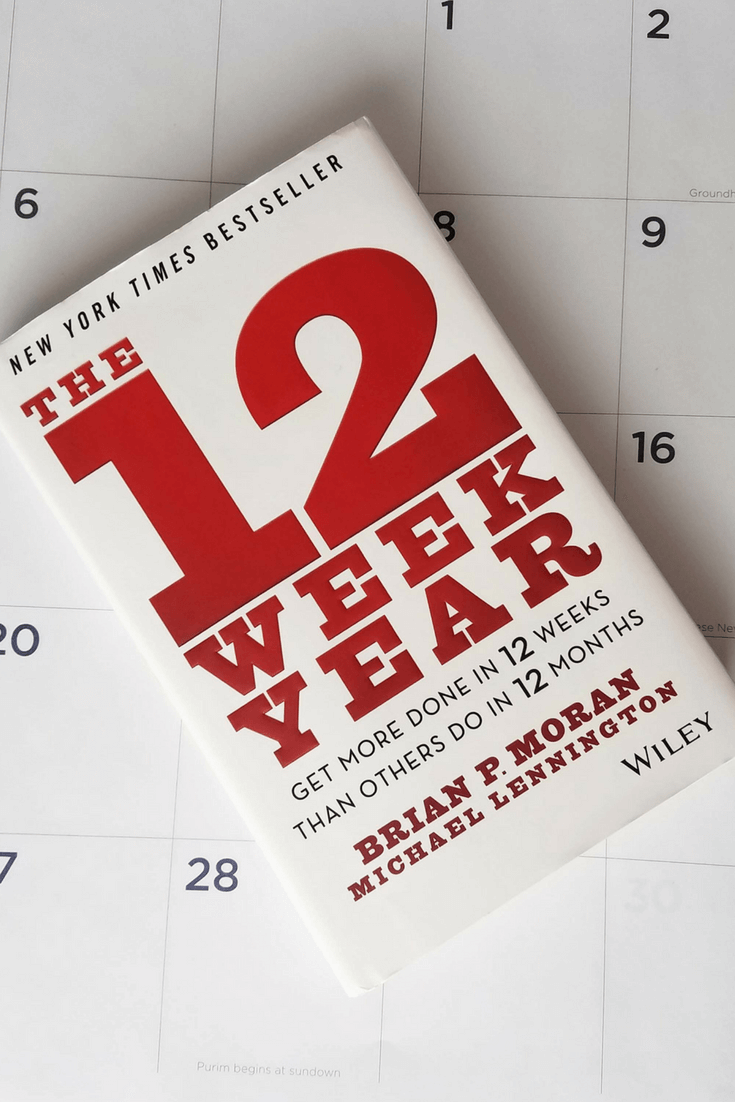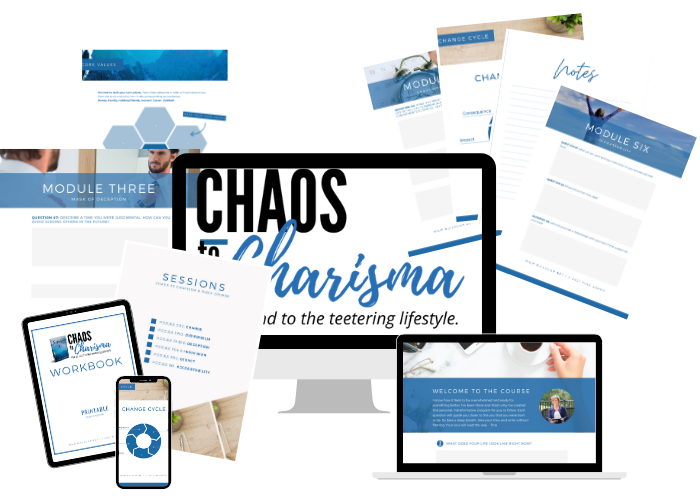|

April 13, 2021
Hi Tina,
Years ago, I was at a company picnic where they rented sumo wrestling costumes. They had our sales and operations teams take turns wearing the suits and competing to knock your opponent down.
If you’ve worn one of those suits, you know how difficult it is to walk, run or do anything without the risk of falling over. Once you’re down it takes a lot of work to get on your feet again. But the ones that do, prove to be resilient. They don’t let minor setbacks keep them down.
Lately I’ve noticed some of my clients struggling with resiliency. They have trouble knowing how to bounce back after a setback, yet once they learned how to reframe the setback, they’ve succeeded in accomplishing more than they set out to do.
If you’re one who struggles at times with resiliency, you might find some of these tips in this month’s article helpful.
To your success,

Tina Asher
Business/Career Coach • Trainer • Author
Build U Up Consulting
 Bounce Back: Emotional Resilience Bounce Back: Emotional Resilience
Major disruptions are a “gotcha” we all experience at one time or another in our lives. We get fired, laid off or passed over; a loved one dies, leaves or gets in trouble; a project stalls or gets cancelled. The list, unfortunately, is endless.
 For some, the impact of these hard times is overwhelming. Recovery, if it comes at all, can be painfully slow. Others show resilience and are admirably able to glide through these times fairly easily, bouncing back to a normal life again quickly. Resilience—the strength required to adapt to change—acts as our internal compass so we can resourcefully navigate an upset. For some, the impact of these hard times is overwhelming. Recovery, if it comes at all, can be painfully slow. Others show resilience and are admirably able to glide through these times fairly easily, bouncing back to a normal life again quickly. Resilience—the strength required to adapt to change—acts as our internal compass so we can resourcefully navigate an upset.
When unexpected events turn life upside down, it’s the degree to which our resiliency comes into play that makes these “make-or-break” situations an opportunity for growth. The good news is that each of us has the capacity to reorganize our life after a disruption and to achieve new levels of strength and meaningfulness. Though it’s easy to feel vulnerable in the midst of chaos and uncertainty, life disruptions are not necessarily a bad thing because they help us grow and meet future challenges in our lives. It’s a lot like a bone that was once fragile or broken, and is now strong from being used.
So how can you become more resilient? Here’s a look at seven key characteristics of people who demonstrate resilience during life’s curve balls.
A Sense of Hope and Trust in the World
Resilient people rely on their belief in the basic goodness of the world and trust that things will turn out alright in the end. This positive attitude allows them to weather times when everything seems bleak and to look for and accept the support that is out there. This approach toward the world gives them the ability to hope for a better future.
Interpreting Experiences in a New Light
The ability to look at a situation in a new way (a skill called “reframing”) can minimize the impact of a difficult situation. Resilient people take a creative approach toward solving a problem, and don’t always use an old definition for a new challenge.
A Meaningful System of Support
One of the best ways to endure a crisis is to have the support of another person who can listen and validate your feelings. Knowing that others care and will come to our support decreases the feeling of isolation, especially when tackling a problem alone. It’s important to choose people you trust. Don’t be surprised if it takes several friends, each of whom can provide different kinds of support. Resilient people aren’t stoic loners. They know the value of expressing their fears and frustrations, as well as receiving support, coaching or guidance from friends, family, or a professional.
A Sense of Mastery and Control Over Your Destiny
You may not be able to predict the future, but you can tackle a problem instead of feeling at the mercy of forces outside of your control. Resilient people know that ultimately their survival and the integrity of their life values depend on their ability to take action rather than remain passive. Tough times call for you to tap into your own sense of personal responsibility.
Self-Reflection and Insight
Life’s experiences provide fertile ground for learning. Asking yourself questions that invite introspection can open a door to new understanding and appreciation of who you are and what you stand for. Giving voice to your thoughts and feelings leads to insight and helps transform the meaning of a problem into something useful. Resilient people learn from life situations and do not succumb to punishing themselves because of decisions made in the past.
A Wide Range of Interests
People who show resilience in the face of adversity are those who have a diversity of interests. They’re open to new experiences and ideas. Because their lives are rich and varied, it’s easier for them to find relief from the single mindedness and worry that often accompany a crisis.
Sense of Humor
Have you ever had a wry laugh during a difficult situation? The ability to see the absurdity, irony, or genuine humor in a situation stimulates our sense of hope and possibility. Humor has both psychological and physical benefits in relieving stress because it encourages a swift change in your perception of your circumstances—and when your thoughts change, your mood follows.
When you look to improve these seven areas now—rather than when adversity pays a visit—you’ll be able to bounce back more quickly.
Author’s content used under license © Claire Communications
 Recommended Reading Recommended Reading
 Our book club just finished reading The 12 Week Year by Brian P. Moran and I’m excited to begin implementing several of the strategies here. Check it out. Our book club just finished reading The 12 Week Year by Brian P. Moran and I’m excited to begin implementing several of the strategies here. Check it out.
 Upcoming Event Upcoming Event
Registration is now open for Chaos to Charisma!

A 6-Week Program for People Who Want To Make Changes Confidently, Without Feeling Stuck, and Have a Desire For a Better Future.

Starts Thursday, April 29 — Get all the details and Early Bird Pricing at ChaosToCharisma.com.
 Helpful Resources Helpful Resources
Managers & Leaders: Download this free guide to discover where you might be out of balance so you can become a better boss.
Career Help: Unsure about your job? Download this free tool to assess your career and see where you might be out of balance.
Better Communication: Want to communicate better with your co-workers and family? This three-part self-study course "Building Better Communication" is designed to help you better understand yourself and the people in your life.
Connect with Me: Click here to schedule a complimentary Strategy Session to chat about how I can help you better communicate with and develop your team and build you up for success.
  Tina Asher Tina Asher
Career Coach • Trainer • Author
With 20+ years in leading, training, sales management, and coaching, Tina Asher brings a broad skillset to helping busy professionals elevate their success. She holds certifications with one of the world's leading sources for science-based, validated assessment and coaching tools. Tina is passionate about serving others to reach their full potential while balancing a full and productive life.
©2021 Tina Asher & Build U Up Consulting • All Rights Reserved
Know someone who could benefit from this information? Feel free to forward this email.
Did someone forward this to you? Sign up here for your own monthly subscription.
|